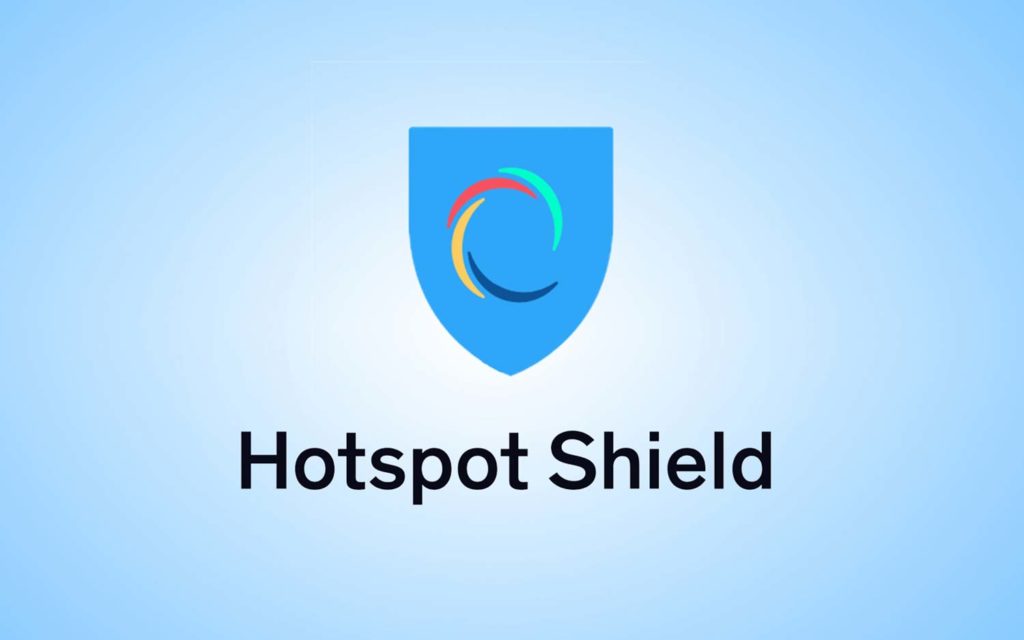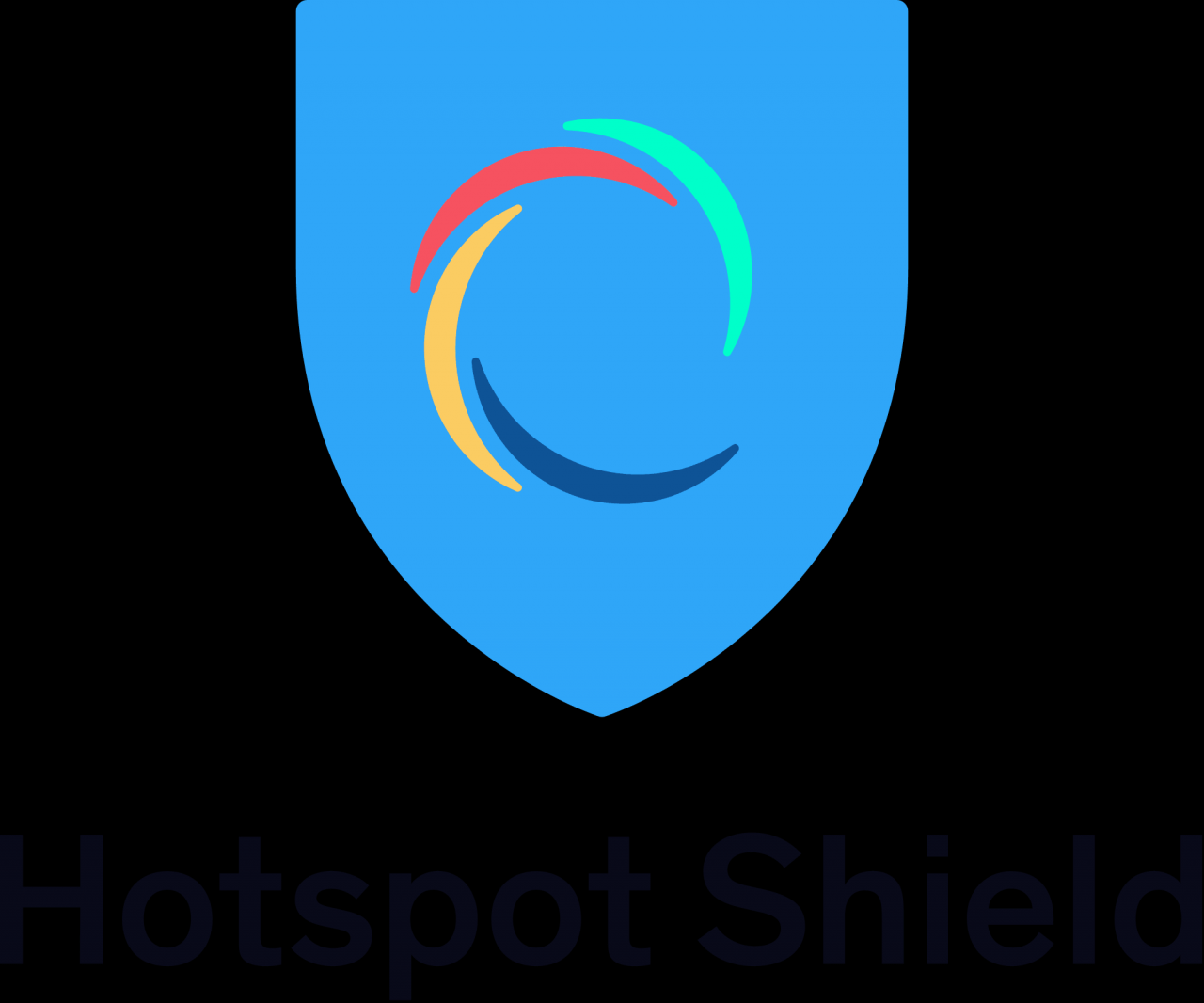

- #Hotspot shield how to
- #Hotspot shield Patch
- #Hotspot shield verification
- #Hotspot shield software
- #Hotspot shield windows
Hotspot Shield is a VPN service used to protect users’ privacy.
#Hotspot shield how to
to include comments from AnchorFree.Cancel Any Service or Subscription How To Cancel Hotspot Shield Cancel Hotspot Shield and Protect Your Hard-Earned Funds This post was updated on 2/8/18 at 9:58 a.m.
#Hotspot shield verification
In December, researchers found that TunnelBear, another highly popular VPN app, was vulnerable to man-in-the-middle attacks via a weakness in how it implemented certificate pinning and verification when creating a Transport Layer Security (TLS) connection.
#Hotspot shield Patch
Days later, the vendor reissued the patch after discovering more attack vectors.
#Hotspot shield software
Last month, Cisco patched a vulnerability in its Adaptive Security Appliance software that received a CVSS base score of 10.0, the highest possible. Meanwhile, other VPN vulnerabilities–one extremely serious in nature–have emerged of late. In November, the company released a transparency report that reiterated its stance on user privacy and detailed the number of requests it had received from governments for information. In August, the Center for Democracy and Technology filed a complaint with the Federal Trade Commission, alleging deceptive trade practices on the part of HotSpot Shield over its logging activities, use of third-party tracking libraries for advertising purpose, and data-sharing with partners.ĪnchorFree denied any wrongdoing, saying it does not engage in any data-collection practices that allow individual users to be identified. Developed by AnchorFree, it operates on a freemium business model, with paid versions offering more advanced features and the elimination of ads.

The company said last year it had reached 500 million installs. HotSpot Shield’s profile rose sharply during the Arab Spring protests, as citizens used it to circumvent government censorship and shield their online identities.
#Hotspot shield windows
The vulnerability impacted only Windows users, the post adds. “We also could not create any scenario in which the provided proof of concept would lead to deanonymizing our users.” “After a thorough evaluation, our team was not able to find any proof that this bug could lead to leaks of personally identifiable information,” it states. 20, AnchorFree’s security team began testing it for proof of concept, the post adds. “The vulnerability is no longer there.”Īfter Yibelo alerted the company to his finding on Dec. “A fix to the Wi-Fi network name vulnerability was released on February 6, and Hotspot Shield users remain secure,” the company said. 7 blog post, AnchorFree said that while it agreed that a user’s wi-fi network name could have been leaked due to the vulnerability, it did not not expose any personally identifiable information. “In a DNS rebinding, any website can simply create a dns name that they are authorized to communicate with, and then make it resolve to localhost or 127.0.0.1 (making it accessible from the WAN),” he wrote. While an argument can be made that attacks via this vulnerability would be limited to LANs since the server is installed on a user’s device, the technique known as DNS rebinding could be employed to attack via WANs, Yibelo added. “There are other multiple endpoints that return sensitive data including configuration details.” The bug has been logged as CVE-2018-6460. “or example, generates a sensitive JSON response that reveals whether the user is connected to VPN, to which VPN he/she is connected to what and what their real IP address is & other system juicy information,” he added.

“It hosts sensitive JSONP endpoints that return multiple interesting values and configuration data.”

“The server runs on a hardcoded host 127.0.0.1 and port 895,” he wrote. Paulos Yibelo, a researcher who has collected on a number of bug bounties in the past, said in a blog post that HotSpot Shield turns on a web server in order to communicate with the VPN client. A vulnerability in the popular HotSpot Shield VPN client, which is promoted as being able to hide users’ identities, could expose their IP addresses and “other juicy info,” according to a security researcher.


 0 kommentar(er)
0 kommentar(er)
